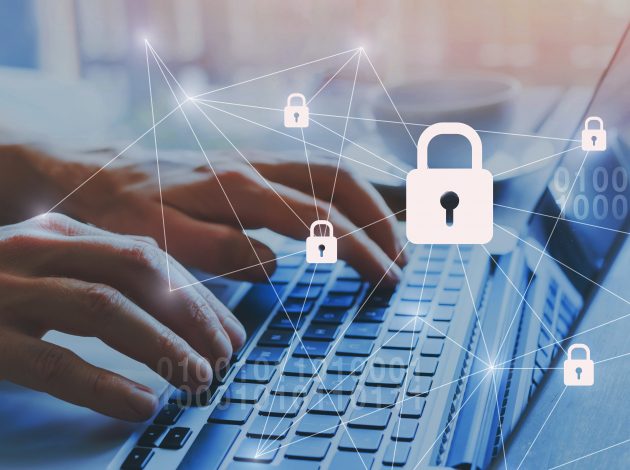Protecting your Data at ONS during COVID-19

International Data Protection day largely went unnoticed by the media this year. Too often we see that data security does not receive the attention it deserves until there is a crisis. At the ONS we are working all year round to ensure the nation’s data is kept safely. In this blog, Alison Pritchard, recaps how the ONS’ security has been able to adapt and improve during the pandemic.
Our teams have worked hard throughout the COVID-19 pandemic to ensure we can provide information faster using new data sources and novel analysis techniques and by changing how our surveys operate.
This has been done despite also having to dramatically change the way we work to ensure the safety of our staff throughout this difficult time.
To recap, here’s an overview of everything that we’ve achieved over the last year:
Ensured our workforce can securely access ONS data from home during the pandemic
When the pandemic hit back in March 2020, we had to work quickly to ensure all our 3000+ employees could work securely from home almost overnight.
An important part of this meant ensuring key data sources, which before had needed to be accessed at secure locations, could be accessed by staff remotely.
We’ve managed to ensure we have the technology in place to allow our staff to access this data securely from home using online databases. We’ve done this whilst also ensuring our staff have the training they need to understand their responsibility for looking after this data and how they can protect against cyber security issues themselves.
Ensured academics can continue to access data
An important part of our work is ensuring that academics and other responsible researchers have access to deidentified and anonymised data to conduct important research. In the past this has helped with a wide range of subjects from how people can better protect their homes to research highlighting early warning signs around breast cancer.
In the past this would’ve meant that researchers would have to visit one of our secure research facilities in person.
Working with our research partners, we’ve been able to provide access to this data from other locations and therefore allow important research to continue while maintaining security.
We have now published advice for how accredited researchers can work with us during emergency situations.
Worked with more sources of data than ever before
For the last few years, we’ve been working with organisations from across the public and private sector to access new data sources to make sure that we can provide the information needed to inform the public and government around key decisions.
At the ONS, we are uniquely placed to harness the potential of these data sources, impartially and free of political control, to provide answers to the most important questions facing our country.
During the pandemic we’ve been able to use all sorts of new data sources whilst also speeding up our analysis timescales considerably, providing new information when it’s needed. For example our new fast economic indicators publication now publishes data weekly, looking at experimental shipping data and online job adverts to help understand patterns around trade and employment.
We are now working with over 300TB of data across our major systems and this is growing daily.
However, we recognise that this data comes with responsibility. The public expects us to treat data properly and with respect, to only use data for what we need it for, and to have robust controls in place.
How have we made this possible?
How have we been able to make these changes overnight whilst still ensuring the safety of our data? By sticking to our principles!
Our work is accountable to Parliament and is driven by the needs of statistical experts rather than Government, which means that we are focused on providing information to inform the public debate.
We still publish data in the same way – by only publishing deidentified data and ensuring that any personal information is kept private. We follow national codes of practice, and principles for statistical production and national data protection legislation, to ensure we are sticking to the highest possible standards.
We are committed to ensuring all our teams understand what good data governance means and their roles in ensuring its protection.
We also encourage external scrutiny about our work and follow the UK Statistical Authority’s ethical framework to ensure we maintain high standards and that statistics are being created for the right reasons.
We want to balance the need to protect and safeguard the data we hold, giving our users, stakeholders and the public confidence in what we are doing with data while enabling new important research to happen, often at considerable pace and speed.
Our teams have shown that we can adapt to new ways of working whilst still maintaining effective data governance, protection and security policies.
As we look to provide more insight in the future, we will continue to ensure that we are maintaining our core principles to respect and protect the data which enables all of our work to take place.

Alison Pritchard is Deputy National Statistician and Director General for Data Capability at the ONS